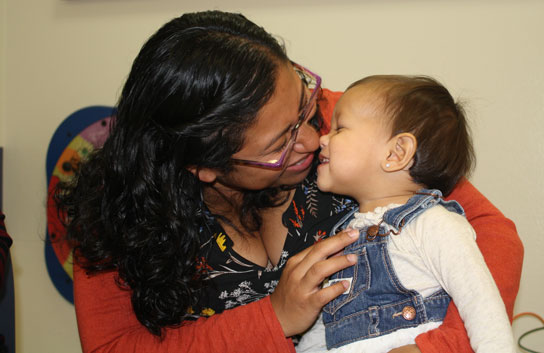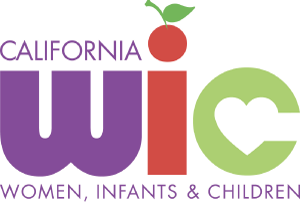
Immunizations Shots are also called immunizations and vaccinations. When toddlers are immunized, they receive vaccine that protects them.
Shots are important! Shots protect your toddler from many dangerous diseases. These diseases can cause brain damage, pneumonia, paralysis, cancer and even death.
Ask your toddler’s doctor Talk with your toddler’s doctor soon to make sure your toddler is on track for his shots. Ask the doctor any questions you have about shots and diseases.
When? When does your toddler need shots?
Your toddler probably received his first shots when he was about 2 months old. After that, a baby needs more shots when he is 4 months old, 6 months old, 12 months old, 15 months old and 18 months old.
Not too late! If your baby or toddler misses some of his shots, it’s not too late. He can still receive the shots he needs.
Booster shots Your baby or toddler needs to complete all his first shots. After that, he will need some of these immunizations again because the protection has worn off. A booster shot contains another dose of the same vaccine a baby or toddler received before. You can make sure your child stays protected with booster shots.
He will need these booster shots before he starts kindergarten.
Flu shots Your toddler needs a flu shot every year. Flu shots are available during flu season, which is from September to about April.
Which shots? Your toddler needs many shots to protect him. There are 15 childhood diseases: diphtheria, tetanus, whooping cough, measles, mumps, rubella, hepatitis A & B, Hib meningitis, polio, pneumococcal disease, chicken pox, rotavirus diarrhea, and the flu.
There is a vaccine to protect your toddler against each of these diseases. Some of these vaccines are combined in a single shot. This way, your toddler will need fewer shots.
Are shots safe? Yes they are! The vaccines used in the United States are the safest they’ve ever been.
Every vaccine that is approved has been tested for at least 7 years by the Food and Drug Administration (FDA). Even after a vaccine is approved, the FDA continues to watch for any problems.
Side effects Vaccines are like other medications. They can cause side effects. Most side effects are mild. Babies and toddlers sometimes feel sore or have a slight rash or a mild fever after they are vaccinated. Talk with your doctor if you are concerned about shots.
Are you a WIC parent? WIC educators will help you stay on track with your toddler’s shots.
Soon after you enroll your toddler in WIC, a WIC educator will give you information about shots. And she will give you a schedule that will show which shots your toddler needs, and when he should get them.
A WIC educator will ask you to bring your toddler’s shot record to certain appointments. She will review his record and tell you if he is missing any shots. She may also give you a list of clinics that provide free shots for children.
Free shots! WIC does not provide shots! But sometimes another organization visits a few of our WIC sites and provides free shots to babies, children and even teenagers if their parents don’t have health insurance. Ask your WIC educator for more information.


